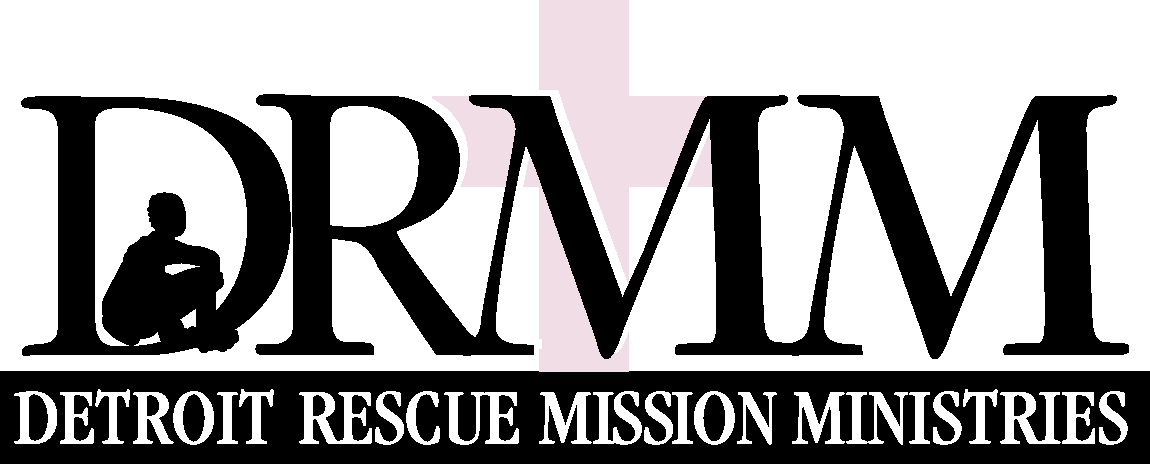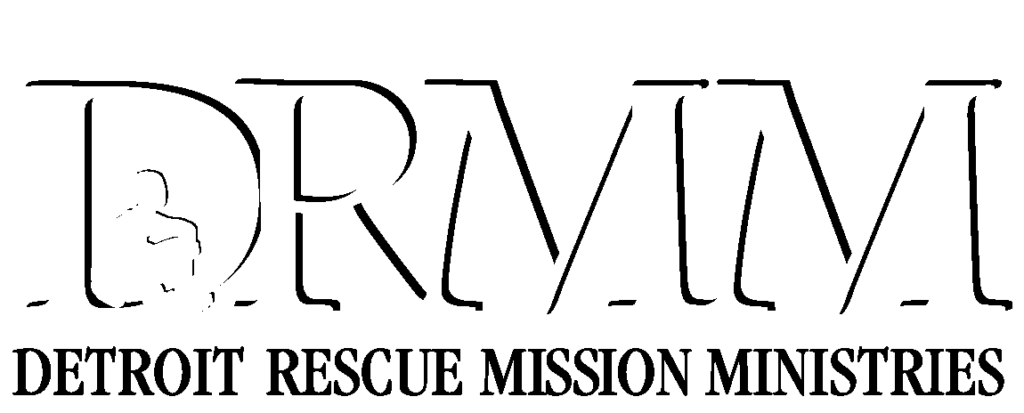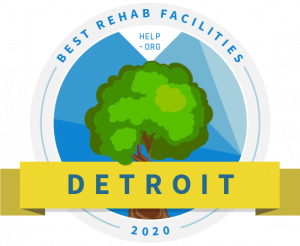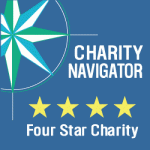Harvey and Irma confront our reactionary culture
It’s always sad watching fellow human beings – especially the weak, sick, young and elderly – suffer. It’s even sadder when there is loss of life.
Monster storms Harvey and Irma have brought lots of sadness and sorrow to our brothers and sisters down south.
I have staff members who have friends and family members in Texas, Louisiana Florida and Georgia. I also have friends and family members there. So, you can imagine how sad my staff and I feel at this time.
As time permits, we share updates, expectations and frustrations about the disasters. We also pray and send them our good wishes. They surely need all the fervent prayers and good wishes they can get – in addition to tangible HELP.
It’s no understatement that by the time the storms are finally over, many precious lives would have been lost. Many wounded persons would still be in need of real recovery and rehabilitation. Tens of billions of dollars would have been lost – not only as a result of damage to buildings, equipment and public infrastructure but also loss of revenue to countless organizations employing many people, including hourly wage earners who struggle to make ends meet in “normal” times.
According to global investment banker Goldman Sacks, the nation’s economic growth will suffer a decline of about a percentage point in the third quarter – from 2.8% to 2% – due to Harvey and Irma.
That translates to loss of jobs. That means more suffering for our compatriots. And if I might add, that presents our politicians another opportunity to bicker and mud-sling, instead of conscientiously doing their part to tackle the problem.
Could we have done anything to prevent these monster storms? Probably not. Monster storms have been part of the human experience. But I am not going to veer into the important climate change debate here. Nor will I attempt to single anybody out for blame. No.
I’d rather commend the remarkable role of FIRST RESPONDERS who continue to go above and beyond their call of duty. In my book, they are all heroes and heroines.
Yet, their work should be made easier by the proactive efforts of political, business, religious and community leaders and the men and women under their spheres of authority and influence.
Call it a cliché, if you like, but the last time I checked, a stitch in time was still saving nine. Good planning and preparedness were still irreplaceably rewarding. Prevention was still costing less than remedy. Prevention was still the smarter way to go. Prevention was still saving lives and livelihoods and liberty.
I have seen it up-close in our nation’s dealings with the non-seasonal monsters called substance abuse and homelessness. Many stakeholders prefer to allow people get drug addicted and homeless first, and then worry and wobble about helping them overcome – or, in many cases, patch the problem with fancy dress initiatives.
I often imagine how nice things would be if ours were a truly proactive culture.
Hardworking but poor families will be assisted before they become homeless.
Monster storms will happen but there will be minimal loss of life and damage to property – because everyone is prepared and precautious.
Airlines won’t act silly and insensitive by hiking their fees and worsening the misery, fear and anxiety of people trying to evacuate.
Gas stations won’t run out of fuel – when people need it desperately.
Millions of customers won’t have to suffer protracted loss of power.
Why not? We all have the right to desire (and act positively and passionately) to see things work the way they should.
But some freely choose to defy warnings to evacuate, only to turn around and blame the authorities when storm hits them so hard.
Some deploy more energy in trying to protect their (replaceable) property than in protecting themselves and their loves ones from harm – and the death toll soars.
When did property become more valuable than human lives?
We don’t need disaster hysteria to jolt us into saving precious lives on time. And we don’t need news media alarmfest to make us act in a timely manner. All we need is rampant application of common sense, which never goes out of reach or relevance.
Let’s focus on what each of us can do right now, and every God-given day to make life easier, happier and healthier for individuals, families and organizations in our communities.







